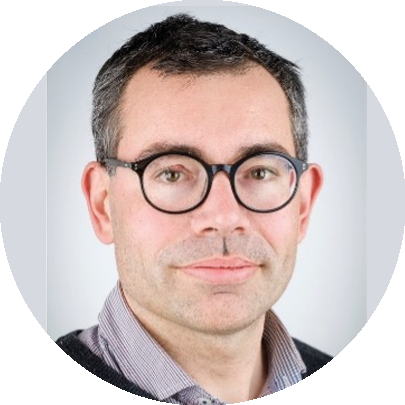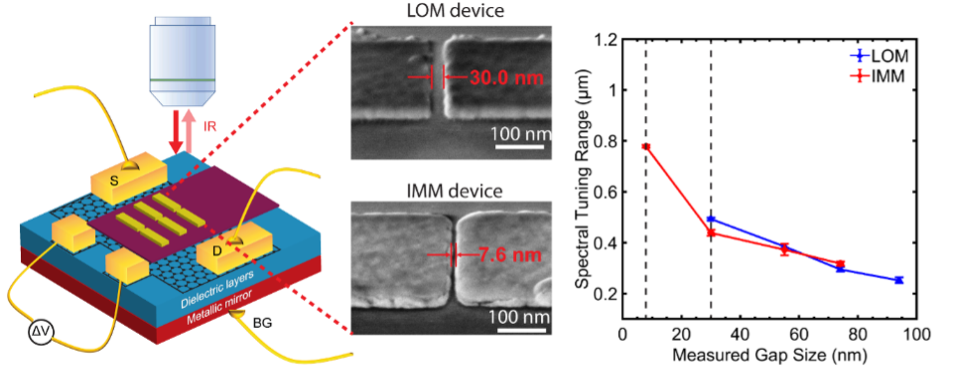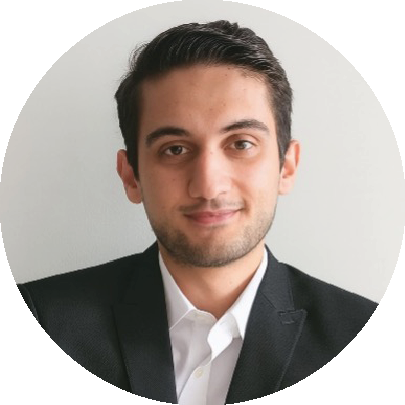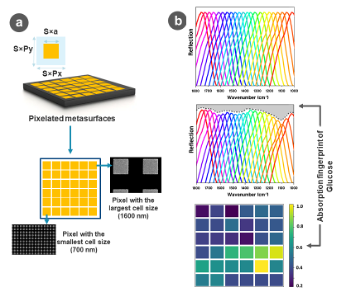
Institute Colloquium
MEET THE EXPERT ON NANOSTRUCTURES AND METASURFACES
Prof. Dr. Ewald Janssens & Dr. Amirmostafa Amirjani
(KU Leuven, BE)
March 18, 2026
Start: 2 – 4 p.m.
Venue: Conference room at Leibniz IPHT
Prof. Ewald Janssens

Ewald Janssens holds a full professorship at the Department of Physics and Astronomy, KU Leuven. He graduated with a PhD in Physics from KU Leuven. After postdoc positions (2004-2007) at KU Leuven and FU Berlin, he worked a few years as consultant in the financial service industry (2007-2010, Deloitte), whereafter he returned to cluster research at KU Leuven with positions as visiting lecturer (2010-2012), associate professor (2012-2018), professor (2018-2022) and full professor (since 2022).
Ewald Janssens is an expert in the physical and chemical properties of clusters of atoms, nanoalloys, and metasurfaces. His research programs span from fundamental studies of small clusters in the gas phase using laser spectroscopy and mass spectrometry over investigations of electronic and (electro)catalytic properties of assemblies of size-selected clusters on oxides and two-dimensional substrates, to gate tunable metasurfaces. He has about 200 publications in peer-reviewed journals. Ten PhD students are currently under the supervision of Ewald Janssens and he has been the (co-)promoter of fifteen successful PhD paths. He has overseen twelve postdocs (currently two). Ewald has a strong global network that is built on collaborations with experimental and theory groups researching nanomaterials, clusters, and advanced optical materials. He is currently a member of the KU Leuven research council and has been vice department chair (2020-2023). He actively participates in international networks (International Research Network on Nanoalloys, COST actions) and the organization of international conferences and workshops. His research has been supported through several research grants from the Research Foundation Flanders (FWO), KU Leuven internal funds, VLAIO, and the EU. He is currently the coordinator of a Horizon 2020 MSCA Training network that deals with cluster-based catalysts for CO2 hydrogenation and electroreduction.
Topic
Tunable mid-infrared plasmonic metasurfaces
Metasurfaces are artificial two-dimensional materials with a periodic pattern of subwavelength-scaled structures, the meta-atoms. They can control the properties (amplitude, phase, polarization) of the light with which they interact. However, most conventional metasurfaces are “passive’’, i.e. fixed by the geometric design, and cannot be “actively’’ controlled by an external stimulus of thermal, electrical, mechanical, or optical origin. For advanced applications, it is highly desirable to develop real-time actively controllable metasurfaces. (…)

Dr. Amirmostafa Amirjani

Dr. Amirmostafa Amirjani has been active in manipulating the plasmonic nanostructures for light-matter interactions and optical sensing. He was awarded his PhD in 2018 for working on the “Development of optical sensors based on surface plasmon resonance of plasmonic nanostructures” at Amirkabir University of Technology (Tehran Polytechnic). He joined EPFL in 2019 as a postdoctoral scientist and worked on plasmon-enhanced fluorescence from single-walled carbon nanotubes. He served as an adjunct professor at Sharif University of Technology and Amirkabir University of Technology between 2020 and 2023. In 2024, Amirmostafa joined the Quantum Solid-state Physics (QSP) Unit at the Department of Physics and Astronomy, KU Leuven, to work on the metamaterials for optical applications and hybrid nanocluster-metamaterial systems under the supervision of Professor Ewald Janssens. Amirmostafa's research primarily focuses on designing and fabricating metasurfaces for sensing applications. He is also curious to study plasmon-enhanced phenomena across different disciplines, such as photocatalysis, fluorescence, and plasmon-enhanced transparency.
Topic
Pixelated plasmonic metasurfaces as a platform for sensing aplications in mid-IR
Plasmonic metasurfaces are two-dimensional arrays of metallic nanoantennas (meta-atoms) with subwavelength dimensions and spatially varying phase responses. Plasmonic metasurfaces promise a paradigm shift in optics by replacing traditional bulky optical elements, e.g., beam deflectors, lenses, waveplates, vortex generators, and holograms, with ultrathin, lightweight, and easy-to-integrate two-dimensional optical interfaces. They are easy to fabricate, support field confinement beyond the diffraction limit, and have the potential to respond on the timescale of a few femtoseconds. (…)

The lecture will be given in English.

Contact person at Leibniz IPHT:
Jer-Shing Huang
